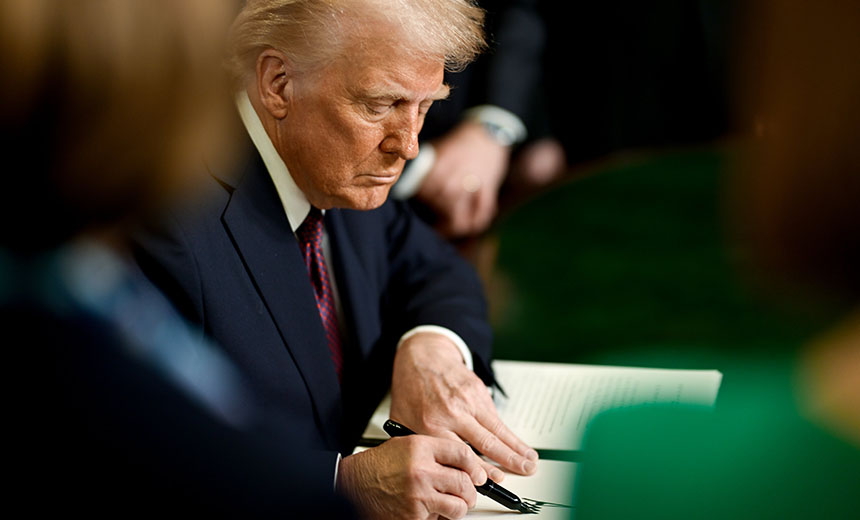Standards, Regulations & Compliance
Trump Commits to AI Development Support but Lacks Detailed Plan

On the inaugural day of his second term, President Donald Trump fulfilled a campaign promise to abolish an executive order aimed at mitigating risks associated with advanced artificial intelligence systems. The administration has yet to disclose any definitive plan to replace the rescinded order, leaving many stakeholders in anticipation.
The previous administration’s initiative, implemented by former President Joe Biden in October 2023, directed the National Institute of Standards and Technology within the Commerce Department to aid organizations in identifying and rectifying vulnerabilities in robust AI models. Additionally, the directive enforced mandatory safety evaluations for AI developers, stipulating that results be reported to the government prior to public dissemination of these technologies.
The Biden administration framed the executive order as a measure to enhance AI safety and security, safeguard consumer privacy, promote equitable outcomes, and assert American leadership in AI innovation. Substantial elements of this order have already been enacted across various federal departments.
The implications of revoking this guidance remain uncertain, hinging on the future actions of Trump’s administration. Suresh Venkatasubramanian, a former official from the Biden White House Office of Science and Technology Policy, had previously indicated that revocation could leave the field without necessary protections.
The discarded AI executive order was one of nearly 80 policies Trump voided upon taking office. Political scientist Jonathan Ladd remarked that executive orders can range in effectiveness, depending on how the executive branch interprets and implements them.
Despite rescinding Biden’s AI safety framework, Trump has indicated a commitment to fostering AI development during his campaign, criticizing the safety order as a hindrance to innovation. However, the specifics of his forthcoming AI policy have not been articulated, even as his campaign appointed former PayPal COO David Sacks to oversee AI and cryptocurrency initiatives at the White House.
Trump’s historical engagement with AI dates back to his first term when he signed an executive order in February 2019 to stimulate research and application in the field. He reinforced this effort with a subsequent order in December 2020 focusing on the promotion of trustworthy AI practices, which the Biden administration retained.
Ultimately, as this narrative unfolds, stakeholders in the technology sector are left to consider the potential impacts of these policy changes. A recent study from Stanford University has reinforced the notion that the Biden administration successfully instituted rigorous governance frameworks related to AI, providing a stark contrast to the current ambiguity following Trump’s abolition of protective measures.
With reporting from Information Security Media Group’s Mathew Schwartz in Dundee, Scotland.
